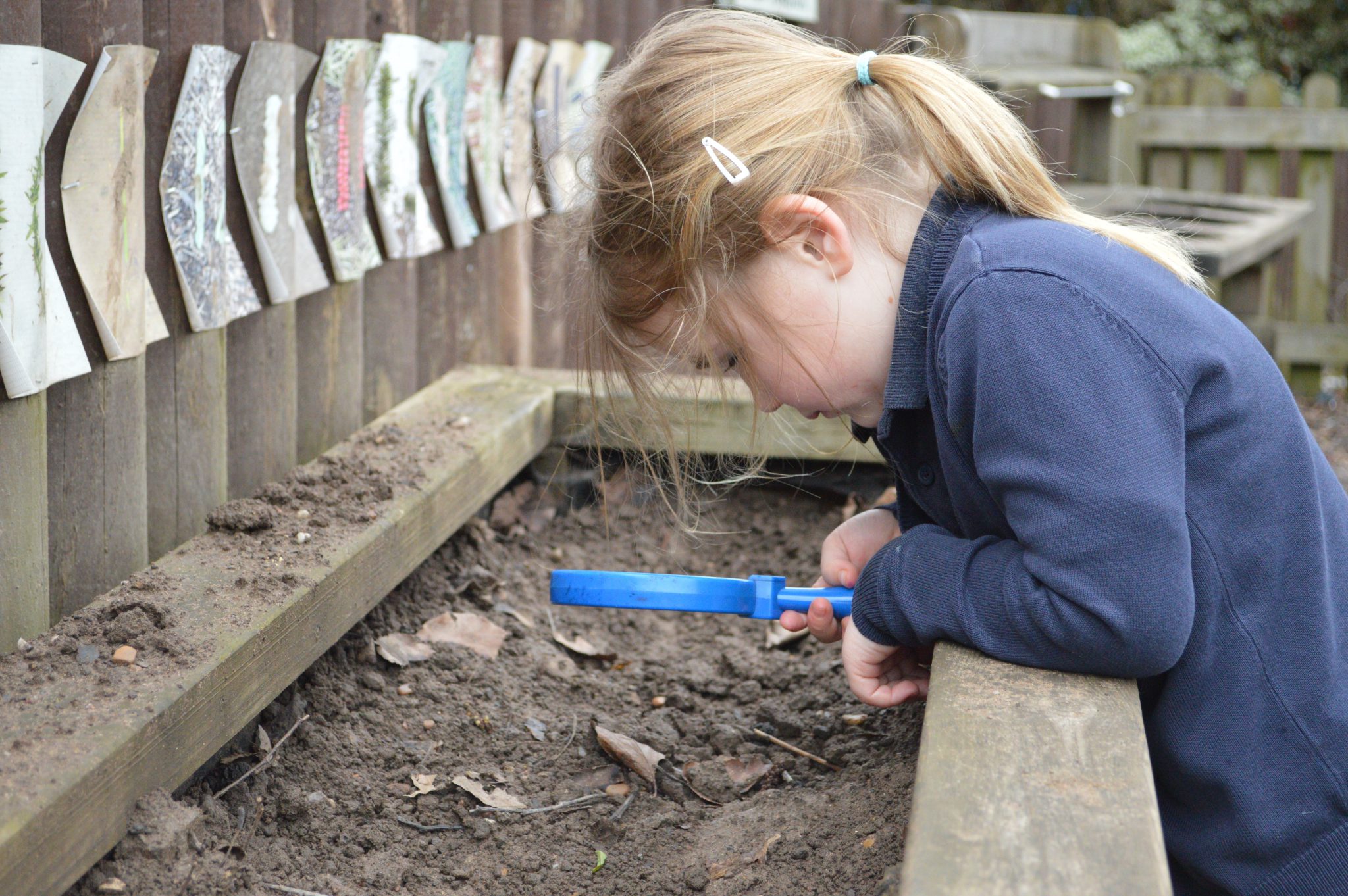At Birley Primary Academy, we recognise the importance of Science in every aspect of daily life. As one of the core subjects taught in primary schools, we give the teaching and learning of Science the prominence it requires. Our aim is for all children to understand and apply the fundamental principles and concepts of Science so that they can understand the world through the disciplines of Biology, Chemistry and Physics. We will support and nurture our children with their understanding with how Science has changed our lives and how it is vital to the world’s future prosperity. We aim to instill excitement and curiosity about the subject of Science and how it fits into the world around them so that they are inspired to think about the subject in a meaningful and responsible way.

The National Curriculum for Science aims to ensure that all pupils:
Details about how Birley Primary Academy deliver our Science Curriculum can be found in the information below:
The Early Years Foundation Stage curriculum supports children’s understanding of science through the planning and teaching of ‘Understanding the World.’ Children find out about objects, materials and living things using all of their senses, looking at similarities, differences, patterns and change. Both the environment and skilled practitioners foster curiosity and encourage explorative play. Children are motivated to ask questions about why things happen and how things work. They are encouraged to use the natural environment around them to explore. Children enjoy spending time outdoors exploring mini-beasts and their habitats, observing the changing seasons, plants and animals. They regularly participate in cookery and baking sessions which allow them to experience changes in state as ingredients are mixed, heated and cooled.
As previously mentioned, Birley Primary Academy uses the Collins’ Snap Science Scheme to deliver our Science lessons. Snap Science is a dynamic, comprehensive programme, packed with inspirational resources that help deliver outstanding science learning throughout our academy. This includes;
Wherever possible, Science lessons are planned to be cross-curricular and children are given the opportunity to use a variety of data, such as statistics, pictures and photographs. ICT, reading, writing, speaking, and listening are strongly developed through Science. Where meaningful links are not possible, Science is taught as a standalone subject to ensure the quality and integrity of the core subject can be upheld.
The impact of our curriculum design will be excellent pupil progress over time, across all key stages. Children will leave Birley Primary Academy reaching at least age-related expectations for Science. Through exciting lessons, workshops, trips and interactions with experts, our pupils will be enthusiastic learners of Science, understanding how it has changed our lives and is vital to the world’s future prosperity. We aim to empower our children so they understand they have the potential capability to make changes for the good of our world, for example, climate change.
At Birley Primary Academy, we monitor and measure the impact of our curriculum through learning walks, book scrutiny, pupil voice and formative and summative assessment. In regards to assessment, our teachers carry out formative assessment – using assessment for learning – on a daily basis with feedback and intervention provided to children where necessary. This formative assessment is used alongside summative assessments of pupils discussions by teachers to arrive at a judgement in regards to how children are progressing in the curriculum. Teachers meet to review and moderate individual examples of work against exemplification materials on an academy and locality level to validate judgements. All summative assessment grades are inputted termly on the academy’s tracking system, DC Pro.
Science helps our understanding of the world around us. Everything we know about the universe, from how trees reproduce to what an atom is made up of, is the result of scientific research and experiment. Human progress throughout history has largely rested on advances in science – from our knowledge of gravity to cutting-edge medicines – and all of these advances can trace their origin back to individuals learning about science as students. That’s why it is in the interests of our children, our academy, our government and our wider society to promote Science as a subject at Birley to prepare and enthuse our pupils to continue their learning in the subject in secondary education and beyond.
Through our curriculum for Science, we ensure that our children are well-equipped for life in modern Britain. British Values are present throughout our Science curriculum and are developed in numerous ways, such as:
Further to this, our Science curriculum is also driven by SMSC development and this can be exemplified in the following ways;
As a result of this, pupils thrive – enjoying their lives, learning and wanting to make a difference for others.